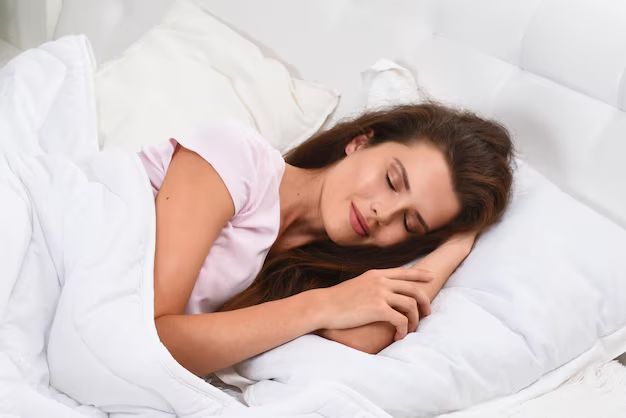Imagine having to travel and pay to get a good night’s sleep. That, in essence, is what “sleep tourism” offers: a new breed of holidays where rest, quiet, and stillness are luxuries to be purchased. In a nation where 61% of people sleep less than seven hours a night, as per the Indian Journal of Sleep Medicine, the irony couldn’t be sharper. Sleep, a fundamental human need, is now a service with a price tag. The rise of “naycations” and “dream tourism” reflects not only our collective exhaustion but also the absurdity of modern lifestyles that must simulate peace rather than live it. Hilton’s 2024 Trends Report revealed that the number one reason people travel today is to “rest and recharge.” Sleep tourism is the antithesis of the rushed modern holiday. Instead of sightseeing, travelers sign up for eight-hour nights, digital detoxes, and long naps in soundproof suites. Dr Rebecca Robbins, a sleep scientist, notes that “less than three out of ten adults experience restorative sleep,” calling the trend a response to a global sleep deficit. Exhausted urban professionals, chained to screens and schedules, now seek peace that once came naturally. According to HTF Market Intelligence, the global sleep tourism market is valued at $640 billion and is projected to exceed $1 billion by 2028. In India, the demand for such wellness breaks mirrors the relentless grind of urban life, where 64% of people wake before 7 a.m., the highest rate in the world. Sleep, it seems, is no longer an act of rest but a performance of privilege. Sleep tourism is not simply a wellness trend; it’s a symptom of deeper social decay. Capitalism first deprives people of rest through overwork, urban stress, and digital fatigue, then sells it back to them as a remedy. From blackout curtains to biohacker mattresses, the market thrives on monetizing exhaustion. The very act of resting has become performative, mediated by technology and consumption. The Indian Journal of Sleep Medicine warns that chronic sleep deprivation contributes to heart disease, diabetes, and even stroke. Yet instead of reforming work culture or social priorities, we’re told to book retreats and buy sleep kits. It’s a paradox of modern life: the more we chase productivity, the more we must pay to recover from it. Sleep, once the simplest form of self-care, is now a symbol of status. The rise of sleep tourism reveals not just the world’s fatigue but its deep inequality, a divide between those who can buy rest and those who can’t even afford stillness.
Thank you for reading this post, don't forget to subscribe!
sleep and healthsleep and sleep managementsleep and stress managementsleep and travelSleep Disorders
India Now Has A New Travel Trend And It Involves Sleeping



